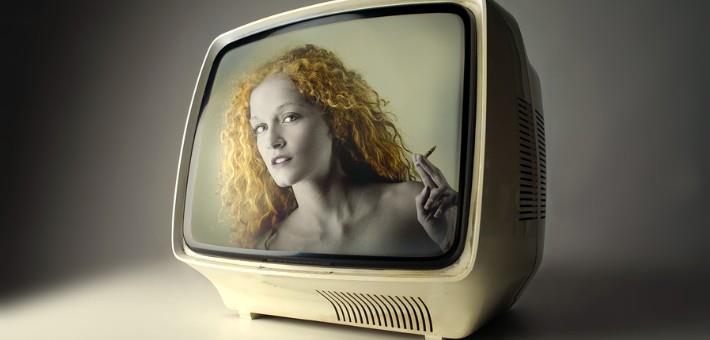
Violence is Cool and Smoking Isn’t Bad Either - Can we Arm Children Against False Media Portrayals?
Media can portray bad habits in a positive way. Think: eating poorly, acting aggressively, smoking, and drinking. Researchers at Children' Hospital Boston show how to arm children. In the Journal of Children and Media researchers of the Boston Center of Media and Child Health report that school programs can help children to become less susceptible to portrayals of bad habits. The researchers demonstrate that the Media Power Youth (MPY) program can strengthen children’s critical media skills. MPY is a media intervention program to learn children about the influence of false media portrayals on bad habits. It also teaches children the skills to be critical towards media messages.
Take aways
- A media literacy program that is integrated into children’s’ regular school lessons, can be an effective tool to arm children against false media portrayals on smoking, drinking, eating, and violence.
Study information
The question?
What are the effects of the MPY media literacy program on children’s opinions about (unhealthy) media messages?
Who?
277 children in fifth grade, mostly white (90%)
Where?
New England, United States
How?
The Media Power Youth Program was implemented in five schools. Students followed the program twice a week in a period of six weeks. In three schools, the students filled out a questionnaire before the when the program was finished. In the other two schools, students filled out the exact same questionnaires before the MPY program started, so that researchers could compare the results for students who had and students who had not (yet) followed the program.
Facts and findings
- The MPY program proved to be an effective tool in helping children to understand the impact of unhealthy and antisocial media messages.
- Children who had followed the MPY program:
- were more likely to think that violence in the media is represented in a unrealistic way.
- felt more strongly that violence in the media is socially accepted and rewarded.
- were more critical to statements made in commercials.
- had less need for the products seen in commercials.
- Two results were against the expectations of the researchers:
- the program was unsuccessful in changing children’s ideas about smoking.
- children in the MPY group were more likely to behave verbally aggressive than children who did not follow the program. The researchers explain that this might be due to the violent examples in the program, which might serve as inspiration for aggressive behaviors.